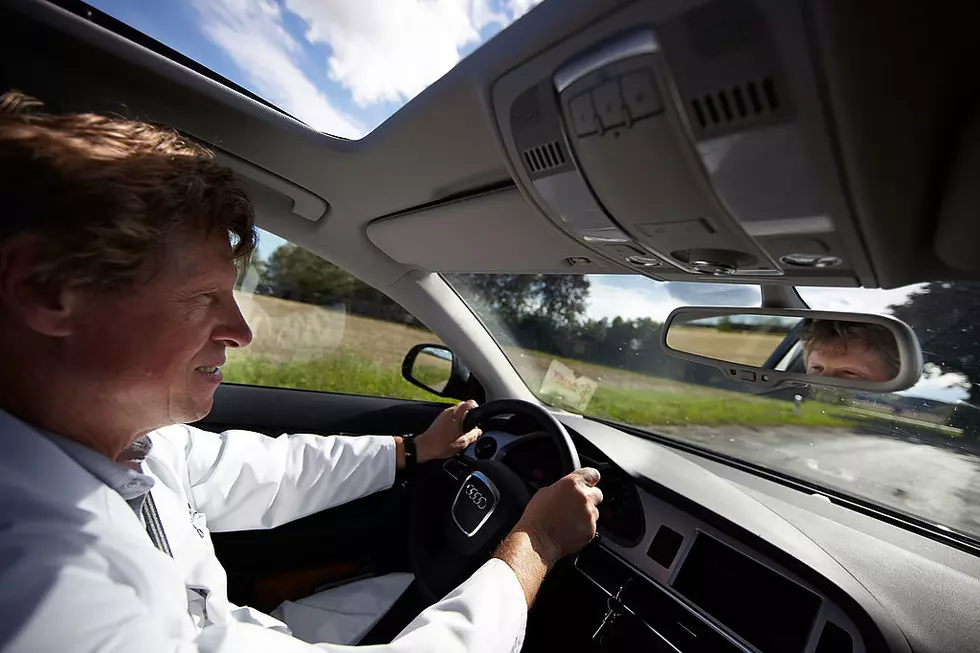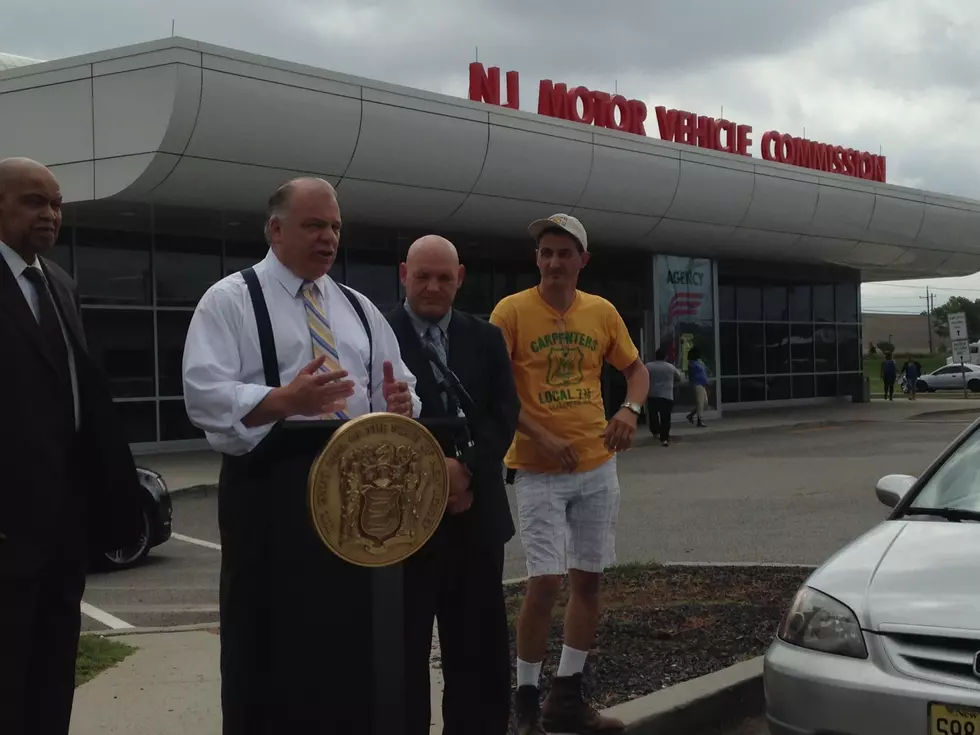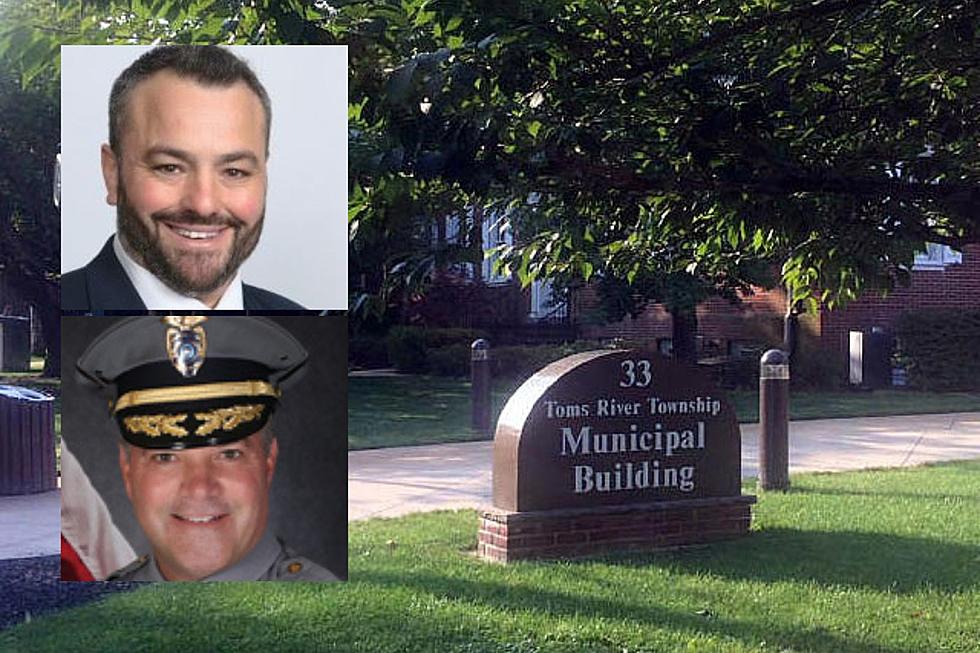
NJ is a dangerous state for older drivers, but it’s not always their fault
New Jersey is the 8th most dangerous state for senior drivers, with 1 in 5 people killed in car crashes being age 65 or older despite making up just 15 percent of the state's population.
A new report from Caring.com says New Jersey is one of 19 states in the country that lack stricter rules for senior drivers.
Tracy Noble of AAA/Mid-Atlantic says their most recent survey found 7 in 10 in Jersey support driver retesting. But they do not recommend age-specific retesting.
"We would rather see retesting for the general population say starting at age 40."
"If you look at someone who took their driver's test to get their permit at age 16, and then did their road test at age 17, by the time they are 40 they've been driving for 20-plus years without having been reeducated or refamilarized with the changing rules and different traffic laws," she said.
Noble also says AAA would like to see seniors make in-person MVC visits to renew driver's licenses, so the experts can see any behavior or eyesight changes.
"You're just making sure the roadways are safer for all drivers."
Several years ago the state changed their license renewal policy and went to the "skip the trip" policy for the Motor Vehicle Commission, where seniors did not have to go in person to renew their driver's license. Noble says AAA recommends that seniors do in-person driver's license renewals "because at that point the professionals at MVC could recognize any changes in behavior or eyesight and pick up on things that might be missed while renewing through the mail."
Noble also maintains that there are folks that are 80, 90 years old that have fantastic motor skills and are completely capable of driving safely.
On the other hand, there are plenty of 35 and 40-year-olds who drive unsafely because they are often trying to multi-task.
"We find that our senior populations are in fact one of the safest populations that are driving because they have the most experience. We also find that they self-police themselves. They do not travel in high traffic areas, they do not travel in rush-hour times and they stick to their local routes."
But Noble says, unfortunately, seniors have a higher fatality rate because they are more frail. Many also take blood thinning medications that make them prone to bleeding to death as a result of a serious injury.
Also on New Jersey 101.5:
Joe Cutter is the afternoon news anchor on New Jersey 101.5. Contact him
at Joe.Cutter@townsquaremedia.com
More From New Jersey 101.5 FM




![New Jersey’s MVC – How Do You Rate Your Experience? [POLL]](http://townsquare.media/site/385/files/2013/12/Screen-Shot-2013-12-10-at-12.04.43-PM.png?w=980&q=75)




